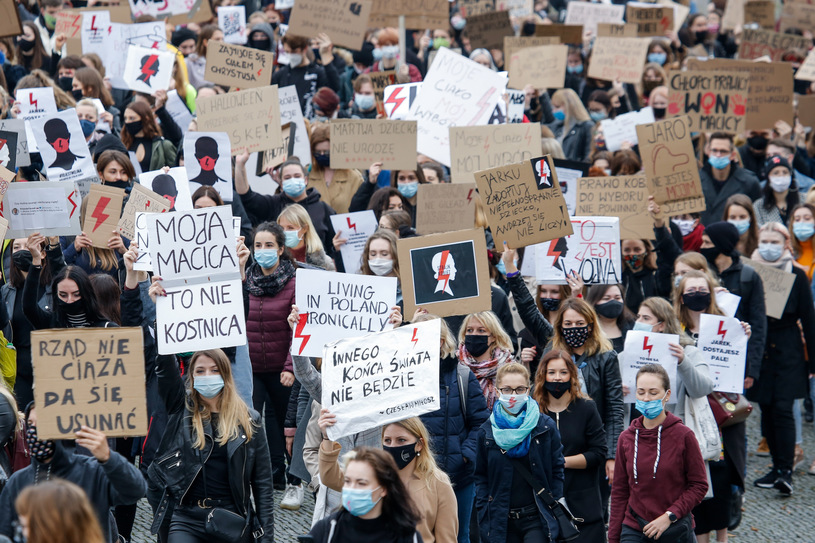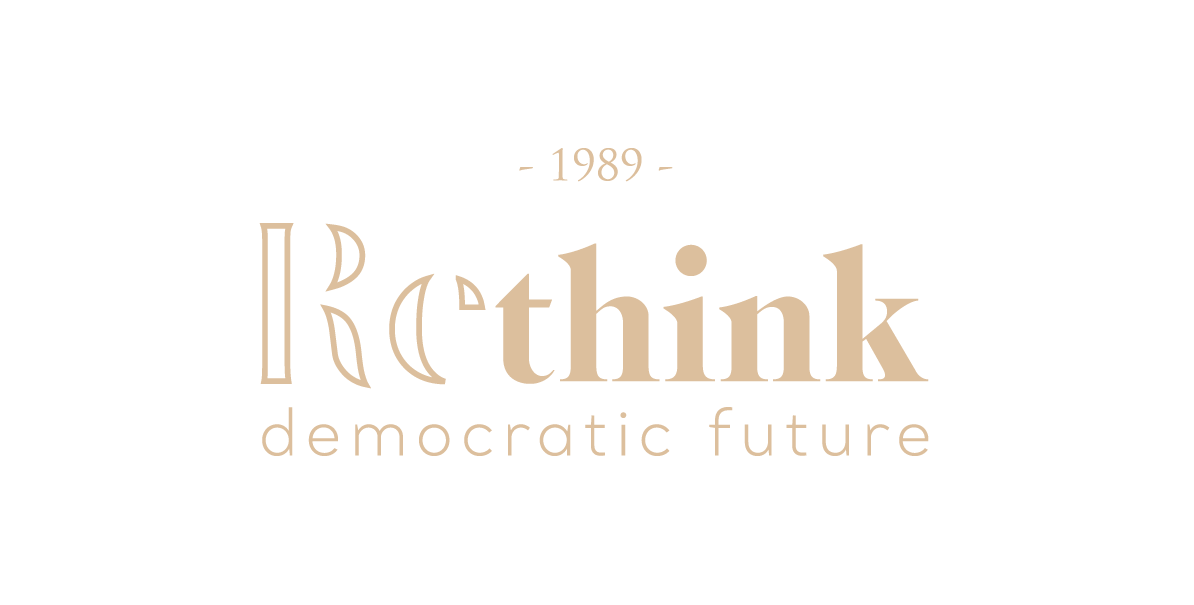Study tours were organized in order to get input into the state of democracy and its future scenarios in Lithuania, Latvia, Hungary and Poland. All participant countries encountered mass protest movements and mobilization 30 years ago but their current paths of political conduct are very different. Also, by highlighting diverse ways towards democratic transition in the region we are trying to commemorate and promote understanding of history beyond national perspectives.
A variety of issues were discussed: from 1989 as a cultural memory and the polarisation of peaceful revolutions through ‘ownership’ over the symbolic meaning attached with 1989, including the imitation thesis, to the perils of transition and the legacy of the Soviet politics. Special attention was given to the post-1989 generation’s perspective on the highlighted year.
The main goal of the study tours is to reflect on the state of democracy (move towards anti-democratic reforms) in the context of 1989 and the transition to democracy. What lessons does the 30-year history offer?
Why there is a decline now in public/civil engagement and why are there such disparities in public/political engagement and civil action in countries? Are there historical reasons for that, meaning in the nature and way of transition? What are the forms of active political participation and what was the change/shift in forms of action as well as in mobilizing issues during the last 30 years?
 A rally in Budapest /
© Reuters
A rally in Budapest /
© Reuters

Due to the Global Pandemic Study Tours were divided into:
Online consultations that gathered researchers as well as the academic and active youth to reflect on the shift in attitudes from 1989 to 2020;
Individual interviews - past political leaders, policy makers, academics/historians were invited to answer what went wrong/did the 1989 justified the political hopes?
- Public events - civil society representatives, researches and public figures who witnessed the
The study tours were organized and conducted by transnational teams (from Lithuania and Poland) focused on:
- the legacy of the democratic revolution and its' intellectual heritage;
- commemoration of the democratic revolution and its lessons for active citizenship today;
- achievements and shortcoming of active citizenships during the democratic revolution and forms of active citizenship;
- constrains for meaningful citizen engagement in digital age;
- the trans-national learning and inter-disciplinary dialogue.
PARTICIPATION
Lithuania + Latvia
1) 3 online consultations with the youth: (2 Lithuanian consultations and 1 Latvian consultation) - it all gathered 19 people from Lithuania (12), Latvia (6) and Poland (1).
2) 2 individual interviews with 2 scholars from Lithuania.
3) Public discussion: A post-revolutionary hangover: Is revolution always followed by disappointment? - there were 73 people from Belgium (2), Poland (6), Romania (1), Bulgaria (1), Germany (1), Czech Republic (1), Latvia (1), Lithuania (44), UK (2), Switzerland (1), Ukraine (5), Belarus (2) and other countries (6).
Participation: it all together gathered 94 people.
Poland
1) 2 online consultations with 16 students from Poland.2) 2 online consultations with 5 Polish academics.
3) 2 individual interviews with 2 scholars from Poland.
4) Public discussion: Women in Revolt: from 1989 to 2021 - there were 114 people from Poland (104) and 10 from other countries.
5) Strategic workshop with civil society. 30 civil society activist participated in this event.
Participation: there were 167 participants.
Hungary
1) 2 online consultations with young 20 Hungarian students.
2) 2 online consultations with 6 scholars from Hungary.
3) Individual interviews with 4 academics from Central Eastern Europe: from Hungary (1), Romania (2), Ukraine (1).
Participation: there were 30 participants.
